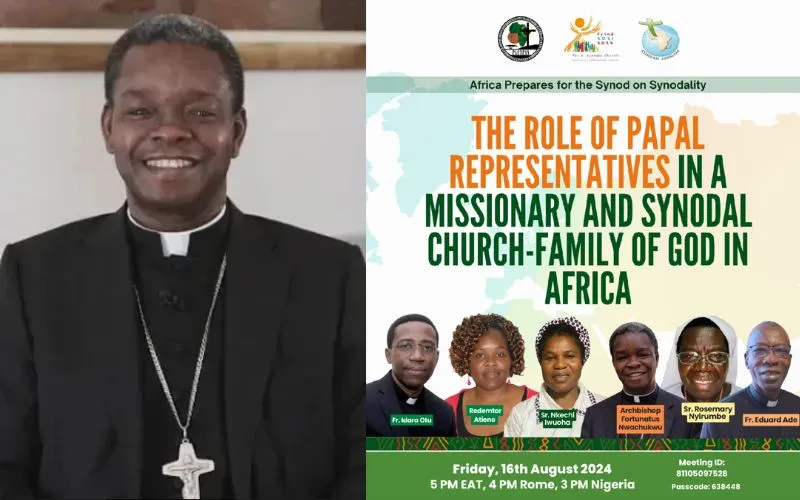“The Ortega dictatorship has not hesitated to imprison and expel church leaders, expel nuns, shut down Catholic media outlets and charitable organizations, and seize money supporting the works of the church,” CNA reports.
The legal status of 1,500 nonprofit organizations — also known as nongovernmental organizations (NGOs) — including Caritas of Granada and a large number of Catholic and evangelical associations has been canceled, in addition to exiling two more Catholic priests to Rome, ACI Prensa, ACI Africa’s Spanish-language news partner, reported on August 20.
Persecution.org reports that before 2018, when pro-democracy protests erupted in Nicaragua, the government recognized clergy members’ freedom of conscience and role as respected religious authorities for most Nicaraguans.
“In fact, during the protests, President Ortega enlisted the church to mediate between his government and those seeking his ouster. But, as the church became a refuge for those engaging in nonviolent action and some clergy criticized the government’s increasingly dictatorial actions, Ortega came to view the church as an enemy,” says Persecution.org.
In his presentation at the August 16 PACTPAN palaver, Archbishop Nwachukwu described the Apostolic Nuncio as “the arbiter” and “the extended hand of the Pope without which everybody would do as they please.”
(Story continues below)
“We have had experiences of places that have no Apostolic Nuncios, and I can tell you how wrong things have gone there,” he said, and added, “I was Apostolic Nuncio in Nicaragua. Look at what has become of the country ever since the Nuncio left.”
Further emphasizing the importance of the Holy Father’s representatives, the Catholic Archbishop said, “Just imagine what the case would be in the local Churches if every Priest and Bishop did as they pleased. The Religious Congregations would then be treated anyhow; associations would be treated anyhow with no one around to defend them.”
“The Apostolic Nuncio is there not as a super Bishop, but only to tell the Pope how things are going, and to give the support from the Pope to the local Churches,” he added.
According to Archbishop Nwachukwu, one of the most delicate responsibilities of an Apostolic Nuncio is helping the Holy Father in the naming of new Bishops. “I can tell you I have been involved in this, and it is one of the most difficult, one of the most delicate functions of an Apostolic Nuncio,” the Vatican-based Catholic Archbishop said.
He added that the selection process involves digging into a candidate’s private life. “There are things that once revealed about the candidate, you cannot go ahead with the selection process,” the Secretary of the Vatican Dicastery for Evangelization, who has also served at the World Trade Organization (WTO) and as the Holy See Representative at the International Organization for Migration (IOM) further said.
Agnes Aineah is a Kenyan journalist with a background in digital and newspaper reporting. She holds a Master of Arts in Digital Journalism from the Aga Khan University, Graduate School of Media and Communications and a Bachelor's Degree in Linguistics, Media and Communications from Kenya's Moi University. Agnes currently serves as a journalist for ACI Africa.








